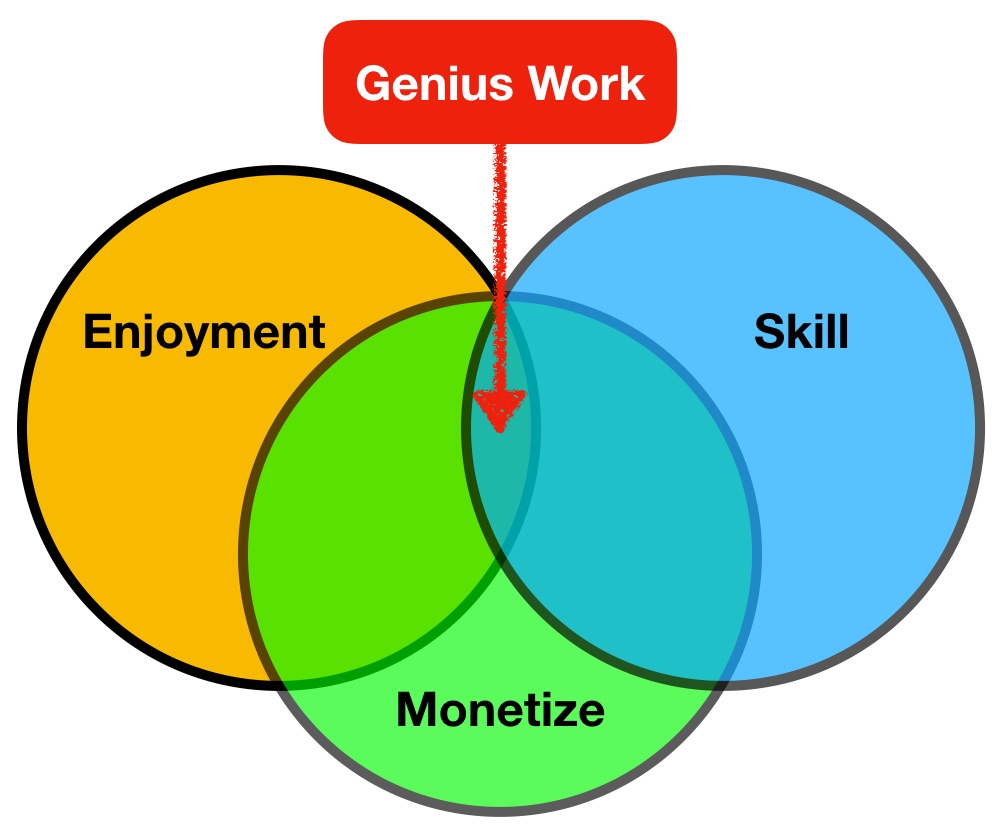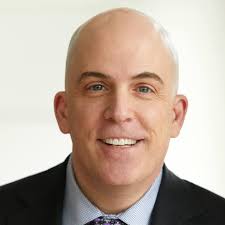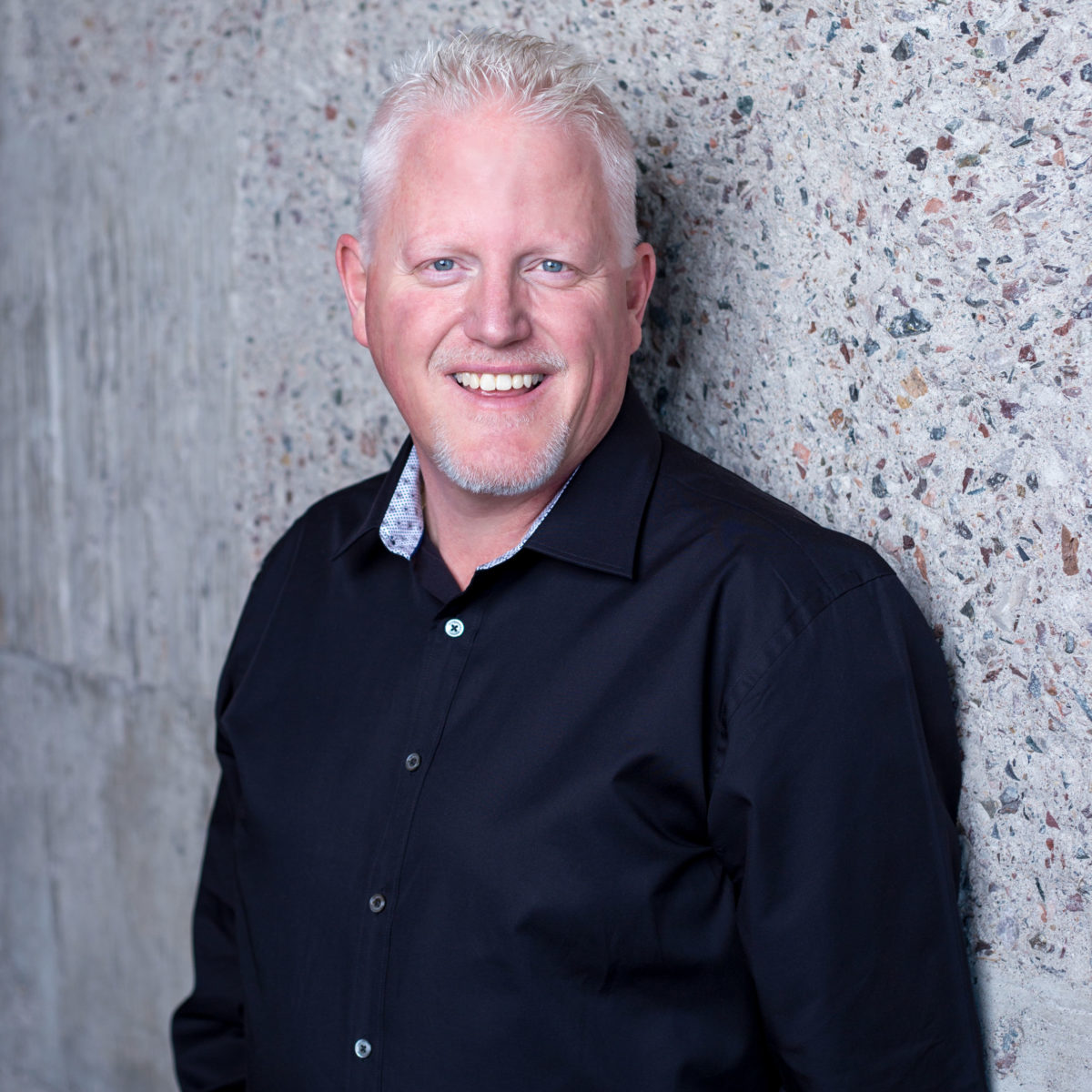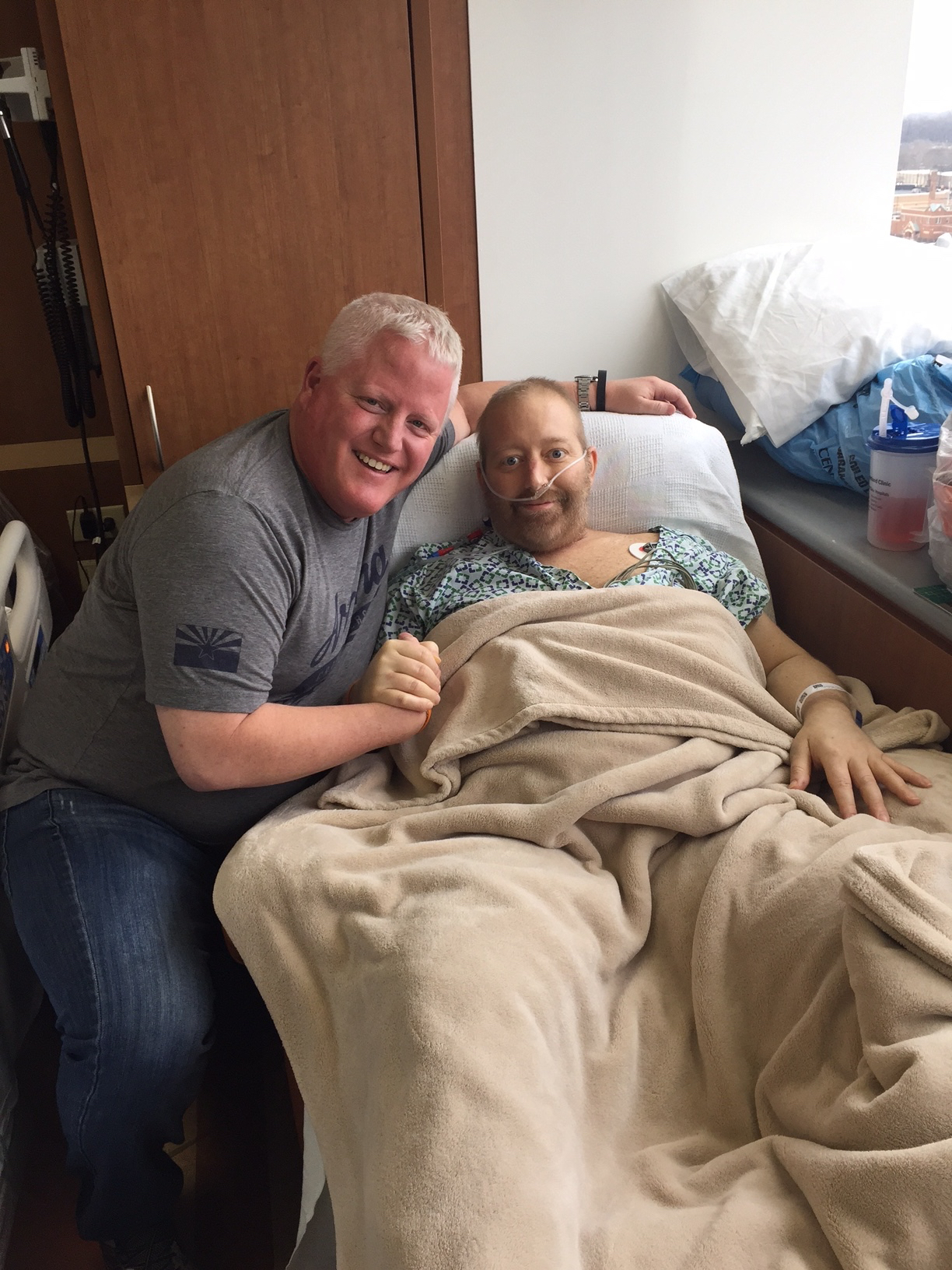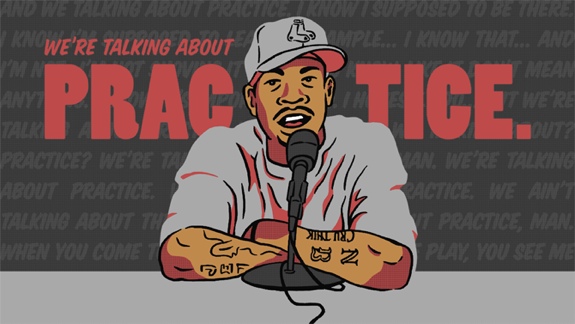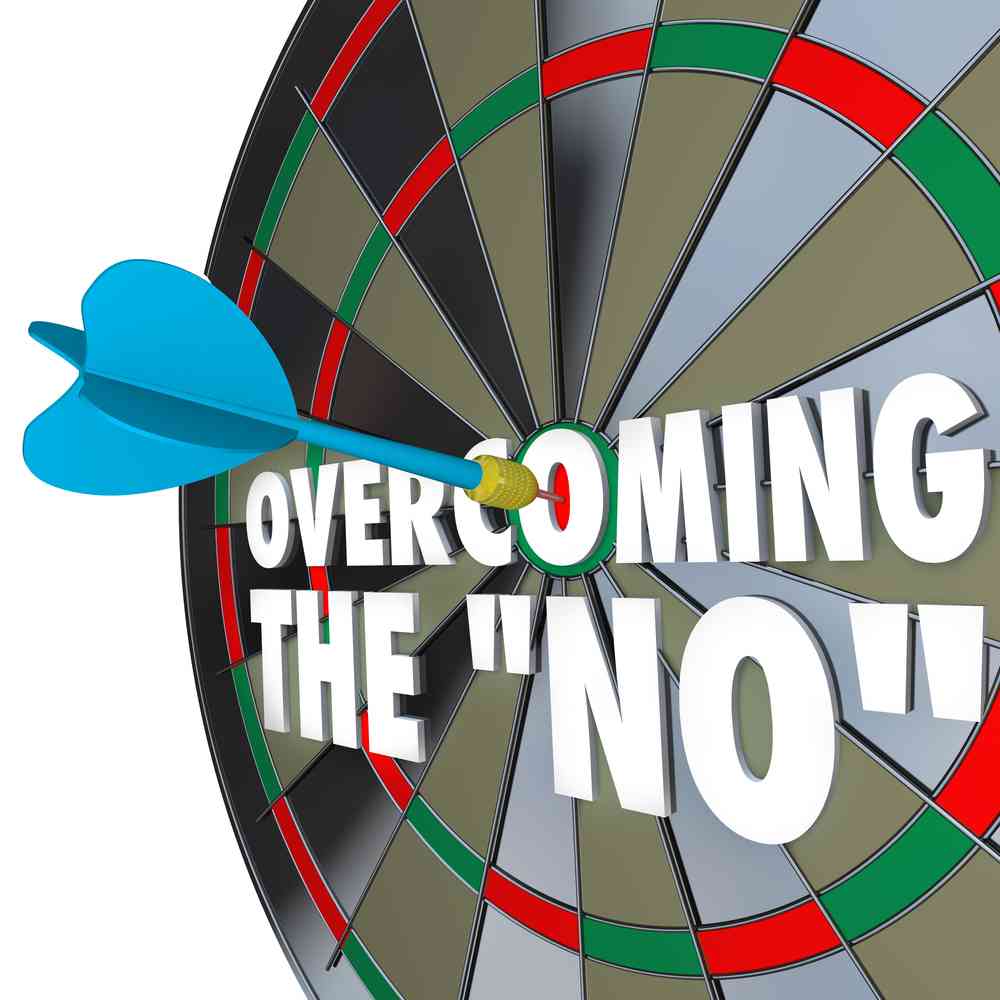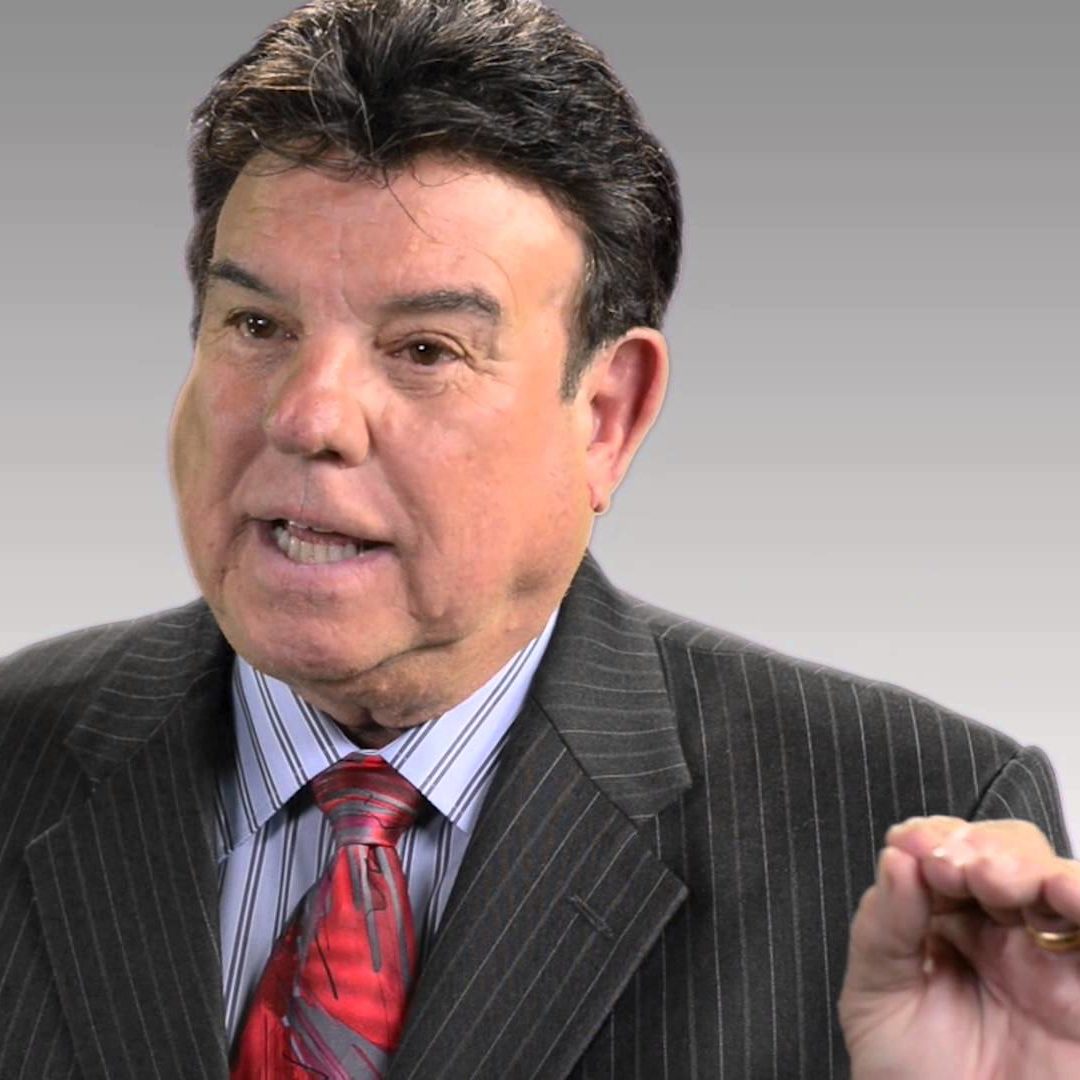Unless you change
I don’t know about you, but I am thrilled to see 2017 firmly in the rearview mirror. There have been a few years in my life where the journey was incredibly painful and brutally hard. 2017 was certainly one of those years. The good news is that throughout my life, years like last year have forced me to grow much more than my “good” years. I certainly don’t want to relive any of those ”growing” years, but I am thankful for the lessons they have taught me.
Change is Inevitable: Growth is Optional
The reality is that 2018 will not be any better for you or for me if we don’t take certain steps now before the year gets away from us. This article is not about business planning, goal setting or creating business strategies. I promise we will get to those things in the next couple of weeks. Today I want to talk about what you and I need to do to make sure our head is in the game for 2018. I believe that the biggest obstacle we face every day is the six inches between our ears.
Trust me, this article is for me as much as it is for you. As I look forward to this year here are the 5 things I must do to make 2018 my best year yet.
The 5 things I am committed to in 2018
- I will not regret my failures. In my life, I have made many mistakes and hurt people I love. I have chosen poorly at times. Many of the challenges and failures I have faced in my life have been self-imposed. All I can do is truly apologize, and move forward. I certainly can’t change these things. I can’t go back in time and “fix” them. Some of the most miserable people I know spend enormous amounts of effort and energy trying to improve their past… Good luck with that!
- I won’t shut the door on my past. Just because the past is in the past doesn’t mean I can’t learn from it. For many people, including me, looking back on the mistakes they have made can be painful, embarrassing, or trigger self-loathing. To try and hide from the mistakes I have made would be very counterproductive. To grow I must examine my failures without beating myself up too much. I have a good friend that ends just about every conversation I have with him by saying, “Be kind to my friend Tim today.”
- I will get help. News flash – I can’t do this thing (whatever “this thing” is) by myself and neither can you. There have been many times in my life when I just decided to be “self-sufficient” and white knuckle it. Frankly, those times sucked. There have been other times when I sought out help in different areas of my life. It was always embarrassing to raise my hand and say, “I need help.” No one wants to admit that they don’t know how to go from point A to point B. I will be forever thankful for the people who have come alongside me and helped me when I just humbled myself and asked for their help.
- I will take others with me. There have been times that when I hit some of the biggest accomplishments and goals I had set for myself, the winning felt empty. Yes, I accomplished what I set out to do, but did I help others along the way? Did I enjoy the time I spent with people or was I so focused on getting the work done that I forgot to develop the relationships? Winning is great. Winning together is what makes victories complete.
- I will get back up to fight again. One of my favorite quotes of all time is Les Brown’s, “It’s not over until I win!” No matter how good, bad or indifferent your 2017 was, you can still get back up and fight. I won’t always win every battle and neither will you. But unless you decide to throw in the towel, you are still in the fight! What else do you have to do? Where else do you want to be? I don’t know about you, but I’d much rather be clawing, scratching and fighting for every inch than sitting on the couch wondering why my life didn’t turn out the way I wanted.
So what’s going to be different?
Let’s face it, if you or I just assume 2018 is going to be better than 2017, we are probably in for another disappointing year. In 2018 I am committed to forgiving myself for my mistakes, learning from my past failures, getting help, taking others with me, and always getting back up. What about you? Leave a comment below and tell me why 2018 will be better for you.


